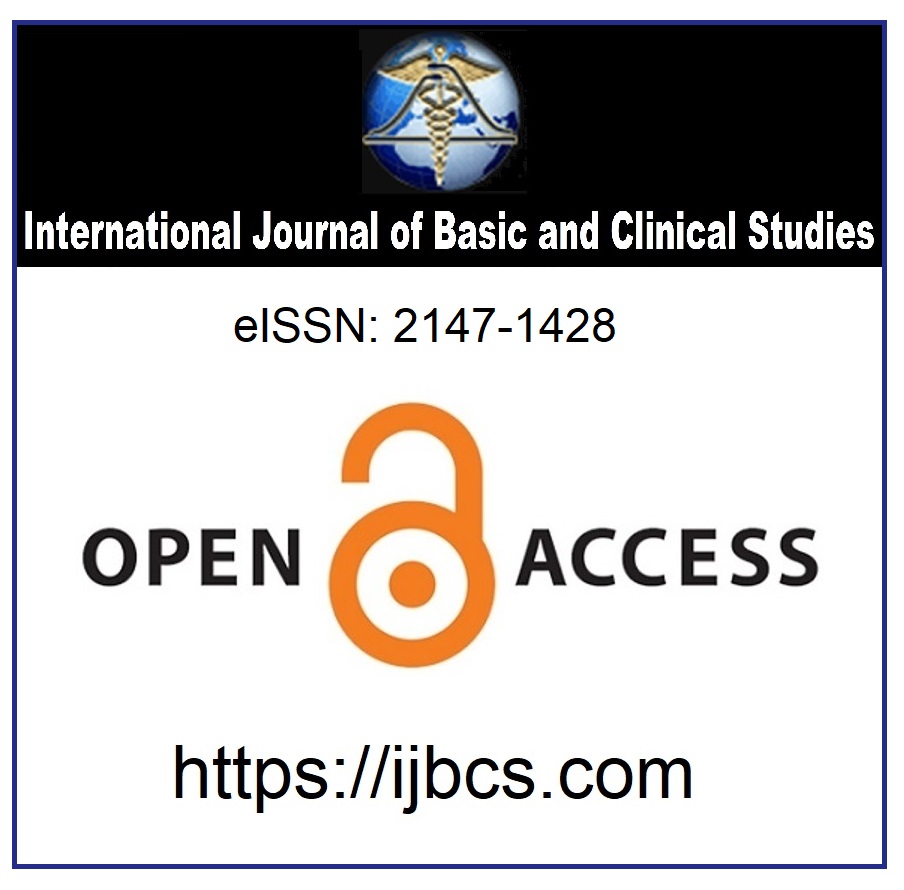Investigation of Parotid Gland Function Changes Caused by Dry Mouth in Patients Receiving High-Dose Radioactive Iodine Treatment
Keywords:
Dentistry, Dry mouth, Parotid glandAbstract
When the dry mouth of individuals is not controlled, oral-dental health problems arise. However, their diet and activities of daily living are disrupted, and their quality of life is adversely affected. It is among the duties of dentists to know the level of dry mouth and the functions of the salivary glands in patients using radioactive iodine. In this study, we aimed to investigate the functional status of the parotid gland of the patients who received radioactive iodine. Among the patients who applied to the nuclear medicine unit of the training and research hospital in 2021, patients who received high-dose (100 mCI RAİ) RAİ after total
thyroidectomy due to differentiated thyroid cancer and were hospitalized in our clinic were included. Parotid gland examination was performed by taking salivary gland scintigraphy of patients with dry mouth. In this study, 15 patients who received 100 mCI were identified and the conditions of the parotid glands were examined by scintigraphy. Dry mouth was observed in all of these
patients. Parotid gland function was found to be normal in 9 of 15 patients. In 6 patients, varying degrees of loss of function were detected. There is a significant difference between the right and left parotid (p<0.001). Intergroup comparison of qualitative variables Chi-square (χ2) test analysis was used. Spearman correlation test was used to determine the relationships It was determined that dry mouth developed in patients who received high-dose Radioactive Iodine (RAI) 131 treatment for thyroid ca. Loss of parotid gland function was observed in 6 of the patients.
Downloads
Published
How to Cite
Issue
Section
License
Copyright (c) 2021 by the Authors

This work is licensed under a Creative Commons Attribution 4.0 International License.



